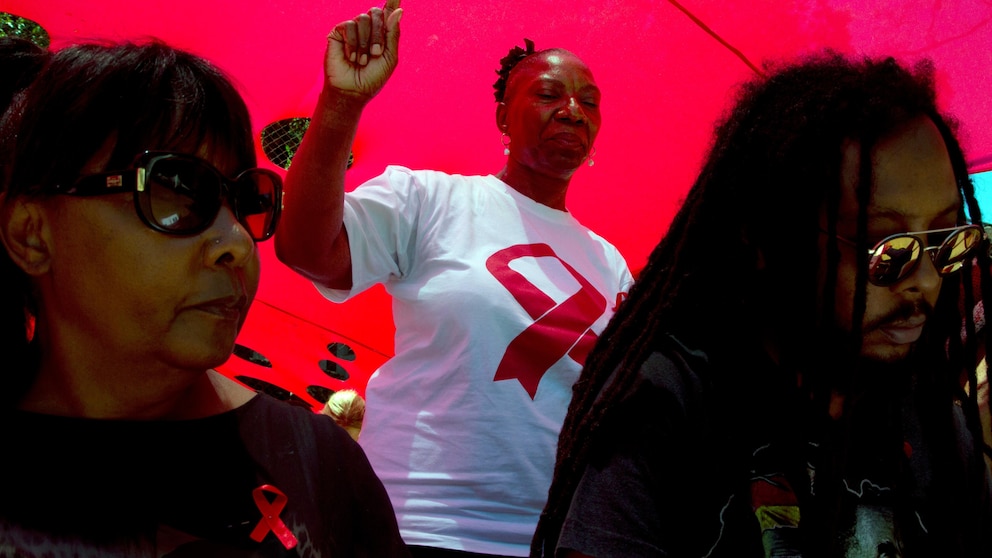New HIV Prevention Solution: South African Company Introduces Vaginal Rings
In the ongoing battle against HIV/AIDS, a South African company has introduced a groundbreaking solution that could revolutionize HIV prevention efforts. The company, known as Luvuno Precision Engineering, has developed a vaginal ring that offers a new and effective way to protect women from contracting the virus.
HIV/AIDS continues to be a major global health crisis, with over 38 million people living with the virus worldwide. In sub-Saharan Africa, women and girls are disproportionately affected, accounting for nearly 60% of all new infections. Traditional prevention methods such as condoms and antiretroviral drugs have proven to be effective, but they often rely on the cooperation of both partners. This can be challenging in situations where women have limited control over their sexual health.
The innovative vaginal ring developed by Luvuno Precision Engineering aims to address this issue by providing women with a discreet and long-lasting method of HIV prevention. The ring is made of a flexible material that can be easily inserted into the vagina and worn for up to three months at a time. It releases a controlled dose of an antiretroviral drug called dapivirine, which has been shown to effectively inhibit the replication of HIV.
One of the key advantages of the vaginal ring is its convenience. Unlike other prevention methods that require daily or on-demand use, the ring provides continuous protection without the need for frequent application. This makes it particularly suitable for women who may face challenges in negotiating condom use or accessing regular healthcare services.
The effectiveness of the vaginal ring has been demonstrated in several clinical trials. The ASPIRE study, conducted in multiple African countries, found that women who used the ring consistently experienced a 27% reduction in their risk of contracting HIV compared to those who used a placebo. Another trial called The Ring Study showed similar results, with a 31% reduction in HIV incidence among women who used the ring consistently.
In addition to its HIV prevention benefits, the vaginal ring also offers potential advantages in terms of reproductive health. Some studies have suggested that the ring may help reduce the risk of other sexually transmitted infections (STIs) and unintended pregnancies. This makes it a comprehensive solution that addresses multiple aspects of women’s sexual and reproductive health.
While the introduction of the vaginal ring is undoubtedly a significant step forward in HIV prevention, challenges remain in terms of accessibility and affordability. The cost of production and distribution needs to be carefully managed to ensure that the ring is accessible to those who need it most, particularly in resource-limited settings. Additionally, efforts must be made to raise awareness and educate women about the ring’s benefits and proper use.
Despite these challenges, the introduction of the vaginal ring represents a major breakthrough in HIV prevention efforts. It offers a promising new tool for women to protect themselves against the virus, empowering them to take control of their sexual health. With further research and investment, this innovative solution has the potential to make a significant impact in reducing HIV transmission rates and improving the lives of millions of women around the world.



